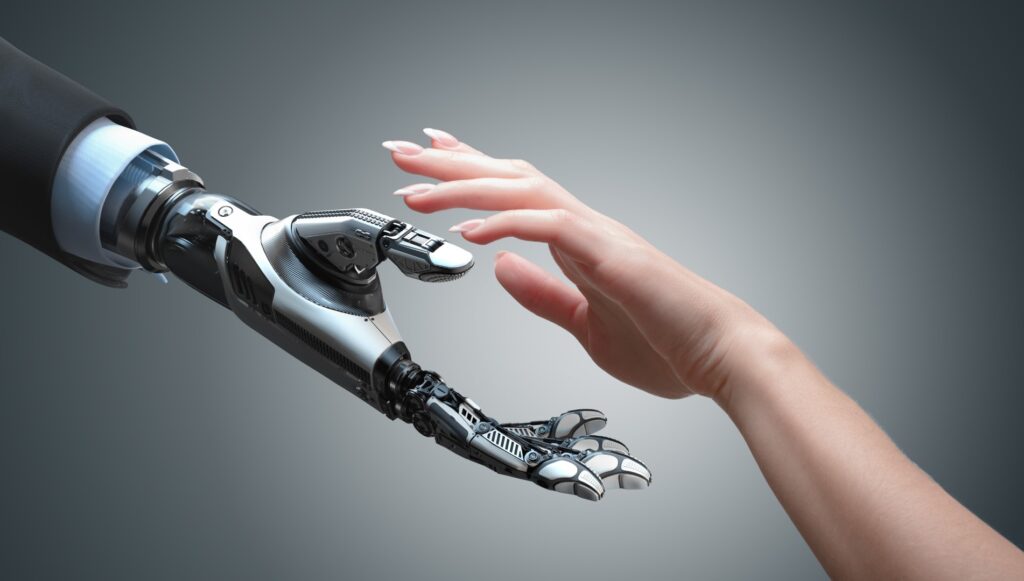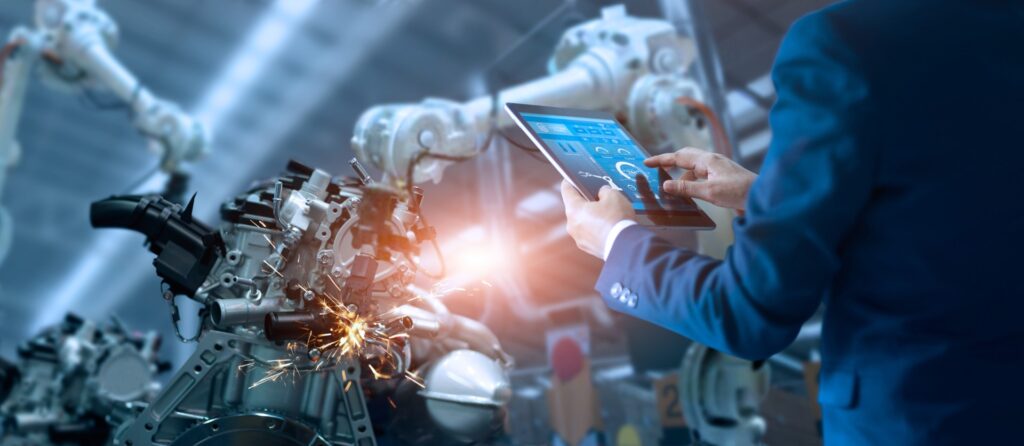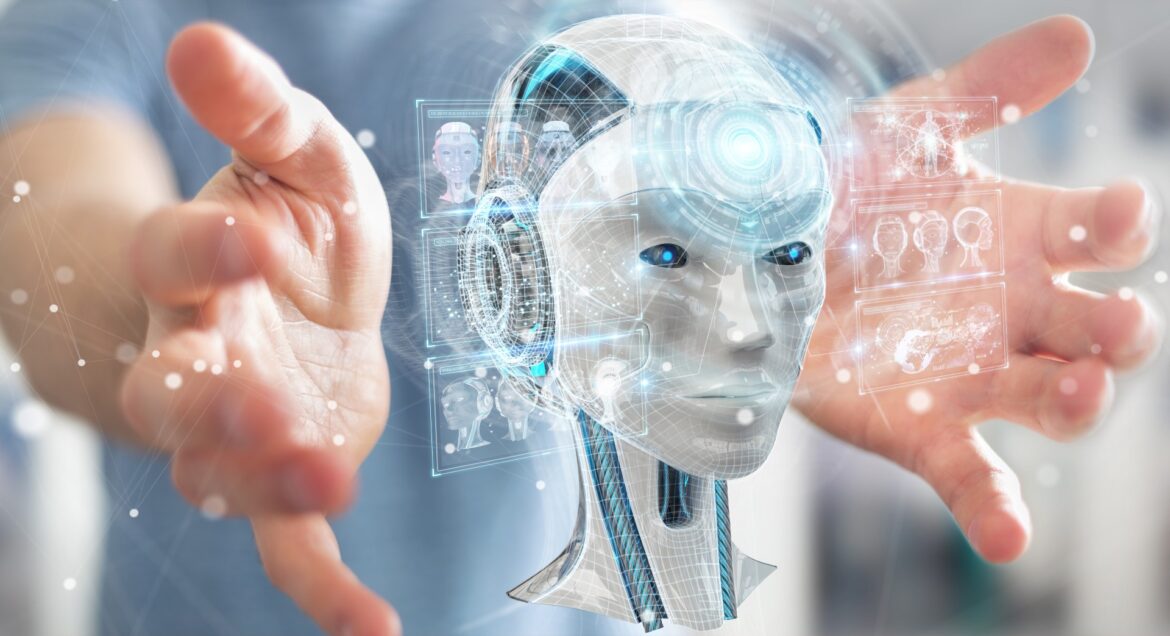In today’s world, the term “artificial intelligence” is frequently used. However, the majority of people are unsure of the precise meaning of AI. and, moreover, why it is essential in the world of today. However, the widespread use of AI in today’s world is unknown to the general public. There is an unexpected rise in the population every decade. Additionally, the unnoticed fact that we needed to be aware of is that we were already employing AI. However, people continue to believe that term is novel and that we must apply it. Additionally, the population is the primary reason why artificial intelligence is required.

Therefore, do you believe that artificial intelligence’s involvement is related to population? Yes, given that there is a steady rise in the population. Additionally, the client’s requirements are day-to-day. As a result, the company is currently unable to meet the on-demand client demand within a predetermined time frame. Therefore, in this scenario, they require a solution to the issue. The application of artificial intelligence is the alternative that we currently have.
The foundation of AI
The foundation of artificial intelligence (AI) is the creation and application of algorithms embedded in a dynamic computing environment to imitate human intelligence processes. Simply put, AI aims to make computers think and behave like people.
Three essential components are required to achieve this goal:
Advanced AI algorithms (code) for computational systems More data and processing power are required for more human-like outcomes.
What was the beginning of artificial intelligence?
Humans have been intrigued by the possibility of developing machines that imitate the human brain at least since the first century BCE. John McCarthy came up with the term “artificial intelligence” in 1955, which is still used today. A conference titled “Dartmouth Summer Research Project on Artificial Intelligence” was put together in 1956 by McCarthy and others. Machine learning, deep learning, predictive analytics, and prescriptive analytics all emerged from this initial phase. Data science, a completely new field of study, emerged as a result.
The current evolution of AI technologies isn’t nearly as scary or as intelligent as what is depicted in Hollywood films and science fiction novels as human-like robots that take over the world. Instead, AI has developed to offer numerous specific advantages to every sector. Continue reading for current applications of artificial intelligence in retail, healthcare, and other sectors.
The importance AI holds in our future
Through data, AI automates repetitive learning and discovery. AI automates repetitive, high-volume computer tasks rather than manual ones. And it does so effortlessly and reliably. Naturally, humans remain necessary to set up the system and ask the appropriate questions.
Existing products gain intelligence thanks to AI. Similar to how Siri was added as a feature to a new generation of Apple products, AI capabilities will be added to many products you already use to make them better. Numerous technologies can be improved by combining massive amounts of data with automation, conversational platforms, bots, and smart machines. Security intelligence, smart cameras, and investment analysis are among the upgrades that have been made at home and in the workplace.

In order to let the data do the programming, AI adapts through algorithms that learn over time. In order for algorithms to acquire skills, AI finds structure and regularities in data. An algorithm can learn to play chess by teaching itself, and it can learn what online product to recommend next. And when new data is added, the models change.
Detection of fraud: There are two ways artificial intelligence is used in the financial services industry. AI is used to assess applicants’ creditworthiness during initial credit scoring. Real-time monitoring and detection of fraudulent payment card transactions is made possible by more advanced AI engines.
Neural networks with a lot of hidden layers are used in AI to analyze more data at a deeper level. In the past, it was impossible to construct a fraud detection system with five hidden layers. With huge amounts of data and incredible computing power, everything has changed. Due to the fact that deep learning models learn directly from data, you need a lot of data to train them.
Deep neural networks enable AI to achieve incredible precision. Deep learning is used in every one of your interactions with Alexa and Google, for instance. Additionally, the more you use these products, the more accurate they become. AI methods like object recognition and deep learning can now be used with greater precision to locate cancer in medical images.
Systems that can be used for automation, learning, legal assistance, risk notification, and research are all in high demand for AI capabilities. So, get your hands on it asap!


